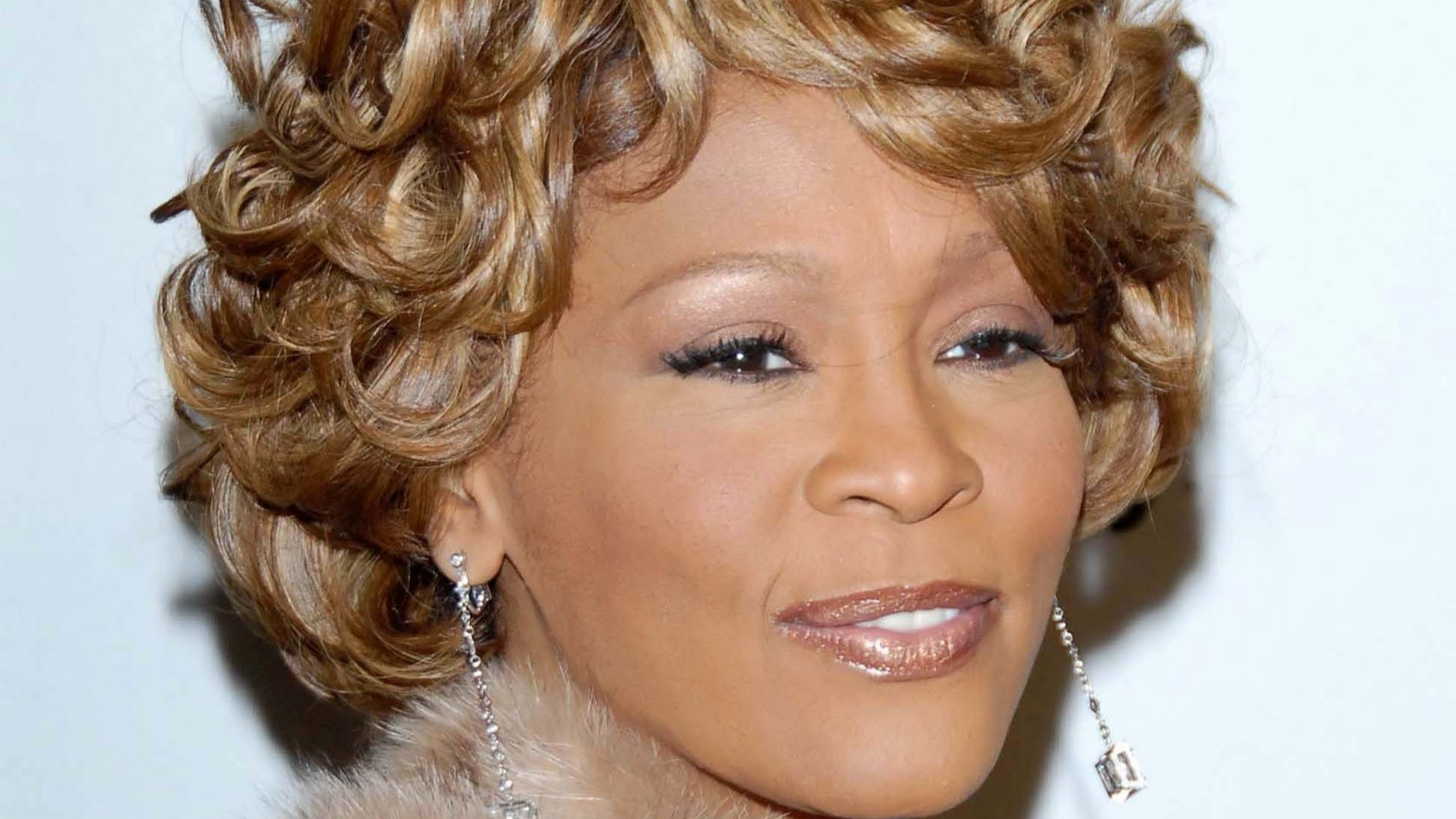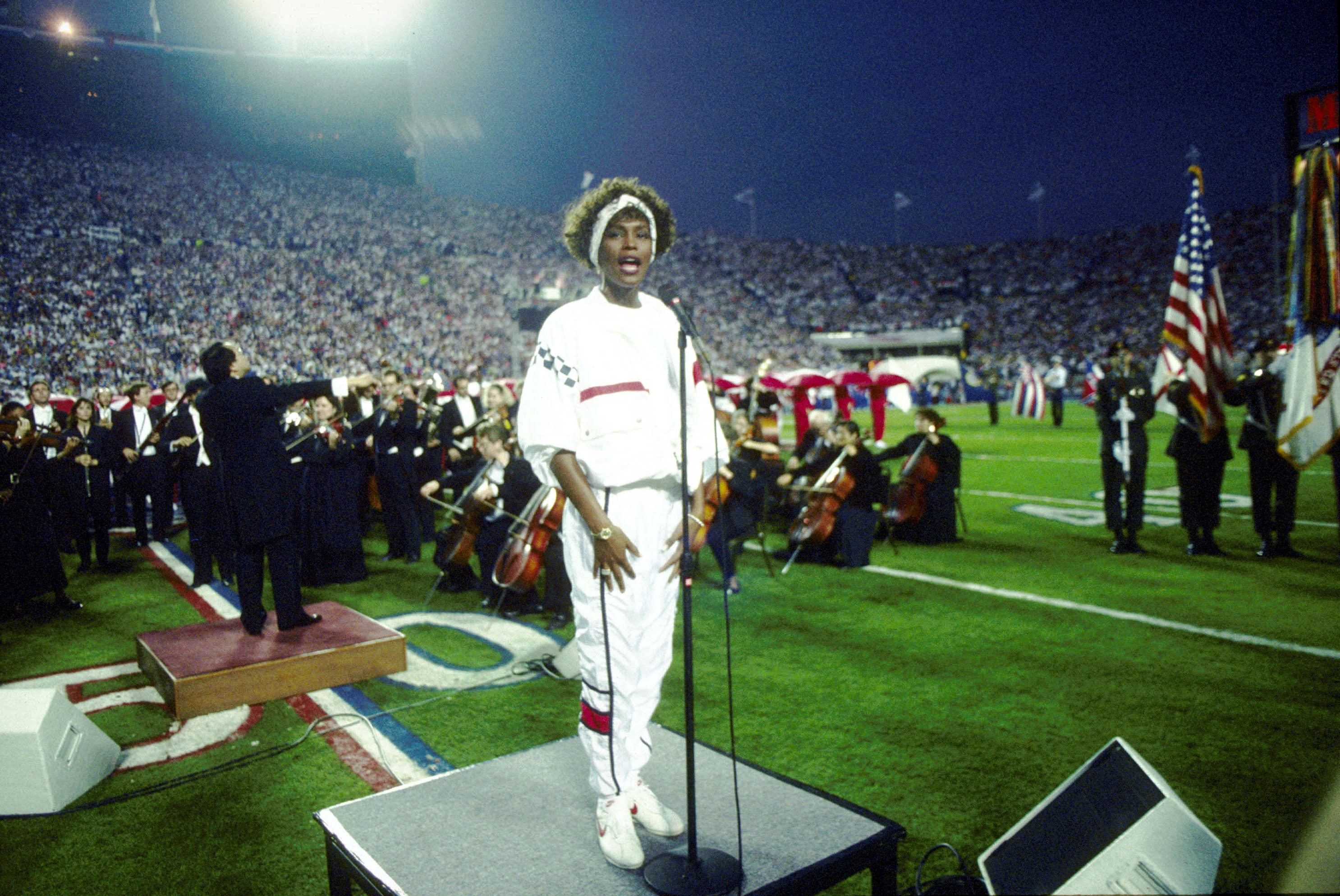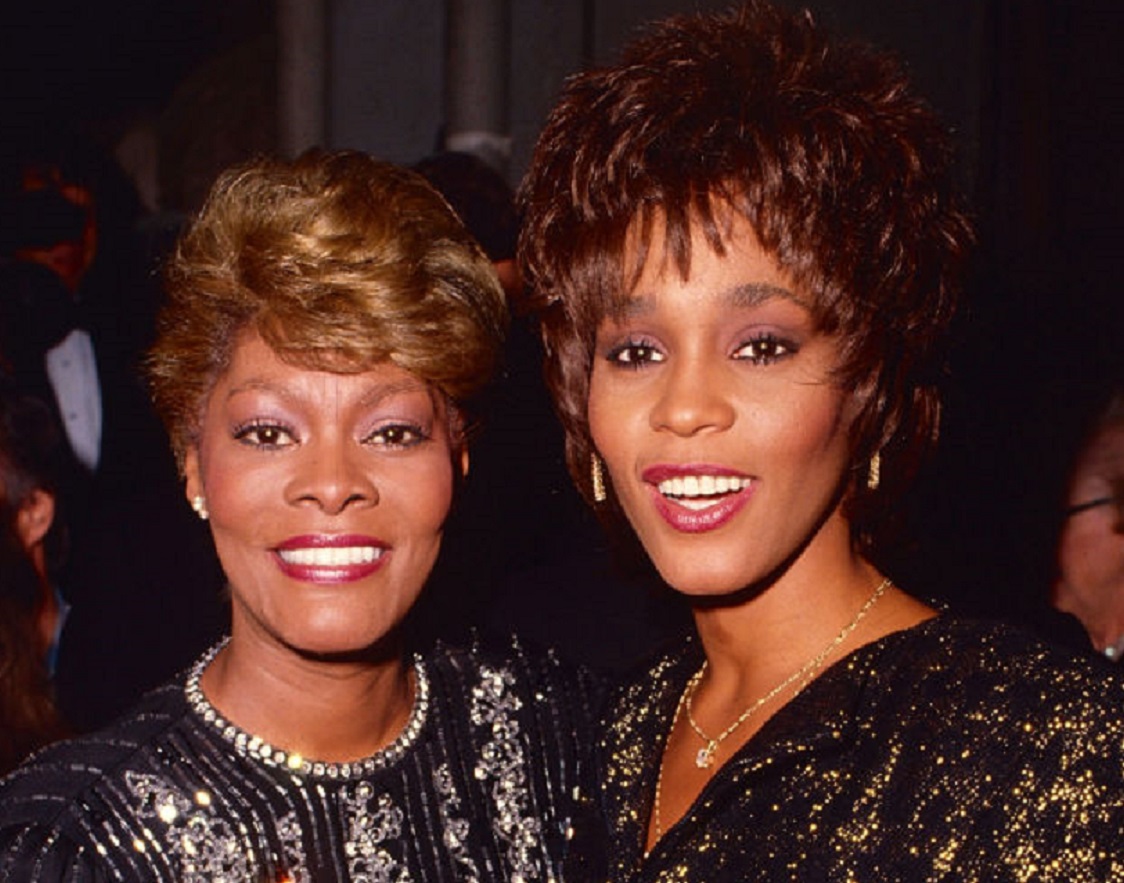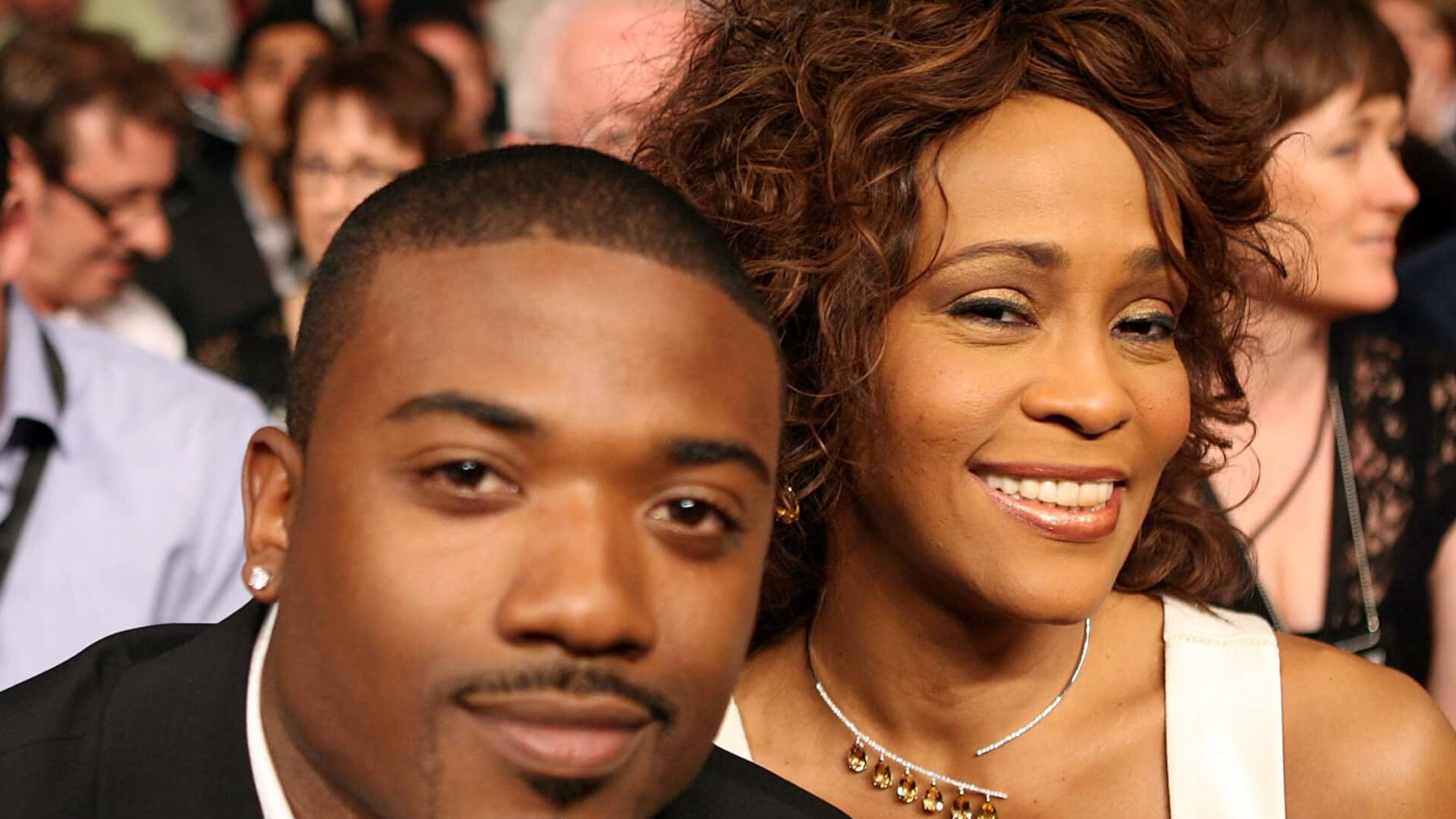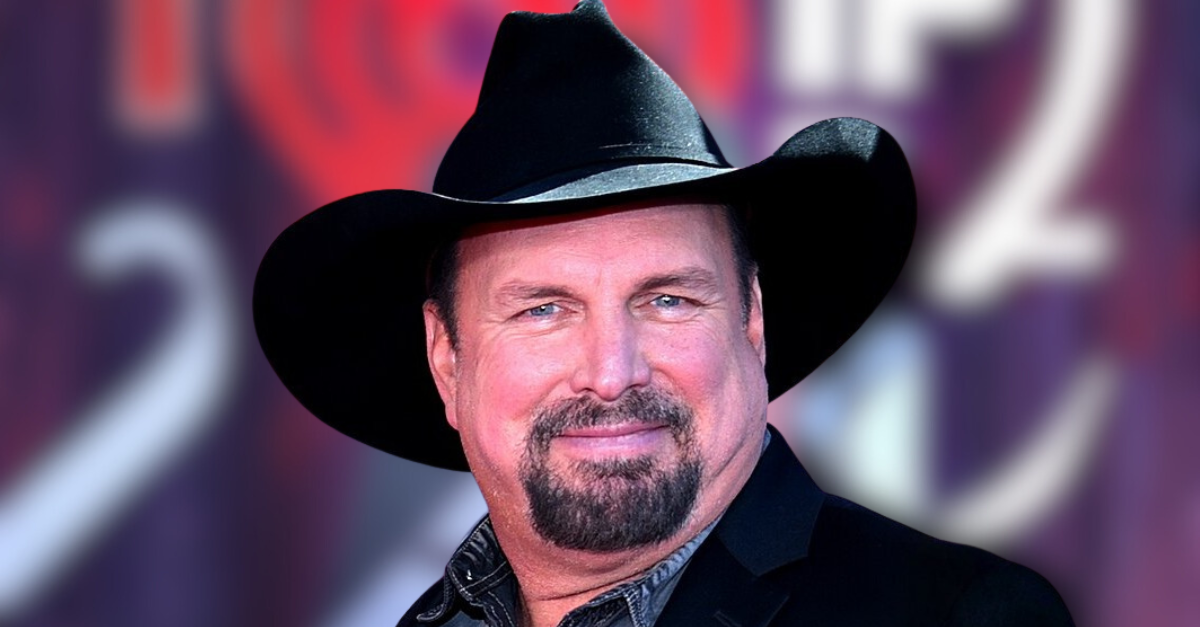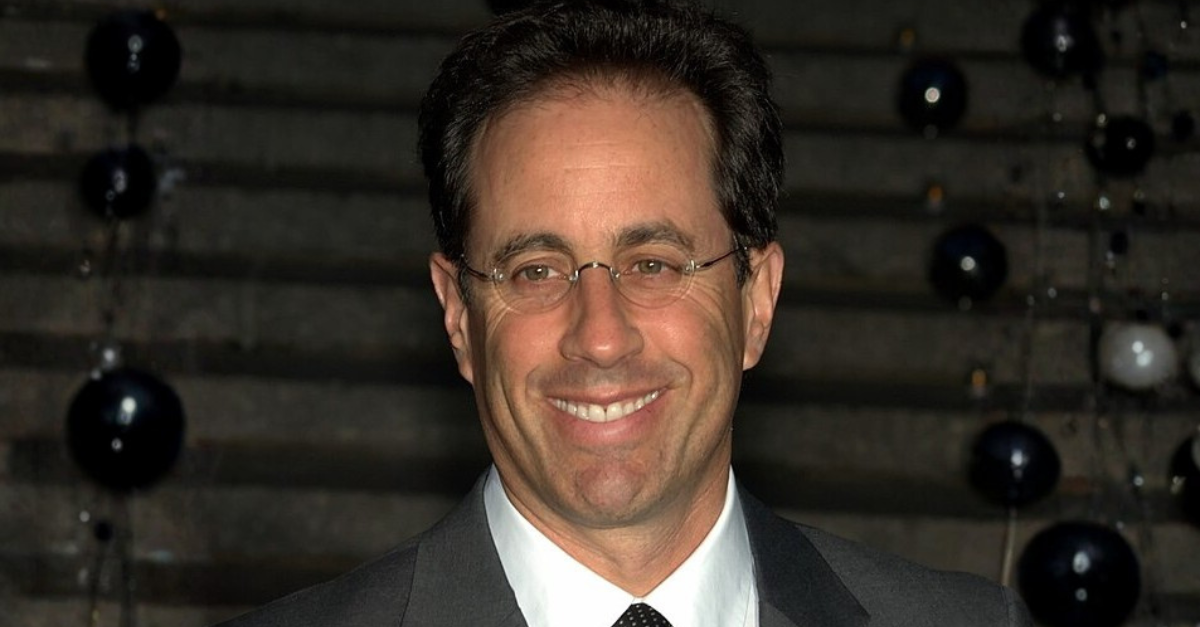When Stardom Starts Acting Like A Landlord
Whitney Houston already lived in a world built of diamond-bright expectations, but when The Bodyguard soundtrack detonated into the stratosphere, selling 45 million copies, the world didn’t just celebrate her. It claimed her. That voice—once a heavenly instrument she wielded with ease—suddenly belonged to everyone else. The film-era triumph didn’t just elevate her; it locked her into a public image she could never escape.
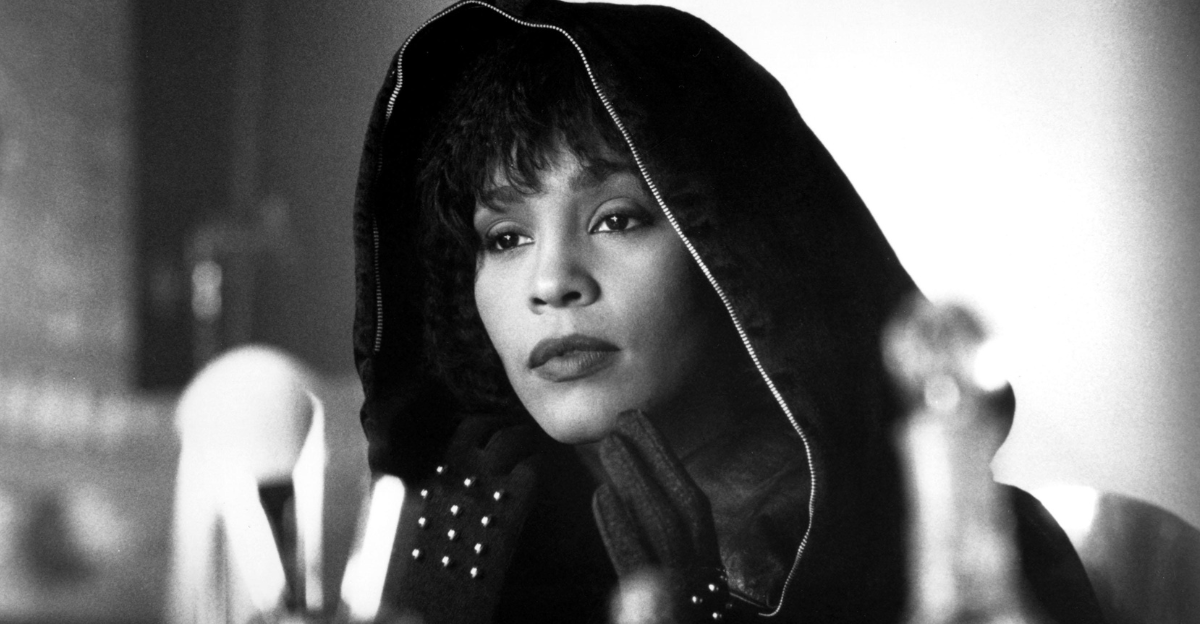
The Peak That Turned Into A Perch
After the soundtrack’s explosion, Whitney wasn’t merely famous—she became a symbol of perfection. And symbols aren’t allowed to breathe. They’re expected to stand still, gleaming, while everyone else takes pictures.
 Asterio Tecson, CC BY-SA 2.0, Wikimedia Commons
Asterio Tecson, CC BY-SA 2.0, Wikimedia Commons
When A Song Becomes A Mantle
Her seismic ballad became a global anthem. But that towering success created a new problem: every performance afterward had to match the impossible. Perfection wasn’t a goal; it was the entry price.
 Egghead06 talkEgghead06 at en.wikipedia, CC BY 3.0 , Wikimedia Commons
Egghead06 talkEgghead06 at en.wikipedia, CC BY 3.0 , Wikimedia Commons
The Image That Stopped Being Hers
Whitney’s persona—glamorous, pristine, the picture of elegance—became a corporate treasure. It was curated, protected, monetized. Fame had her face on the packaging, and the world insisted she keep the same shine forever.
 PH2 Mark Kettenhofen , Novice7, Wikimedia Commons
PH2 Mark Kettenhofen , Novice7, Wikimedia Commons
Sliding Doors In Slow Motion
After The Bodyguard, Whitney appeared to float through life like a saint of pop. But privately, she was cracking under the glare. Fame didn’t offer her space to struggle; it only offered her a microphone.
 Warner Bros., The Bodyguard (1992)
Warner Bros., The Bodyguard (1992)
The Public Wanted A Goddess, Not A Human
Audiences weren’t cruel—they were captivated. But the more they adored her image, the less room Whitney had to be flawed. Every decision, misstep, or quiet moment was dragged into the spotlight.
 PH2 Mark Kettenhofen, Wikimedia Commons
PH2 Mark Kettenhofen, Wikimedia Commons
The Whisper Campaigns And The Pressure Cooker
After she married Bobby Brown, the world tried to decode their relationship like it was a national puzzle. Rumors became headlines. Headlines became myths. And Whitney, caught in the crossfire, couldn’t change the narrative.
Cracks In The Glass Castle (And Everyone Watching)
Whitney’s struggles—exhaustion, stress, unhealthy coping—were no longer private battles. Fame turned every wobble into spectacle, every recovery into judgment. She couldn’t fall without the world shouting “I saw that.”
The “Good Girl” Image That Became A Cage
Whitney had spent years being presented as America’s sweetheart. That spotless image didn’t allow rebellion, imperfection, or mess. When her life inevitably became complicated, the world reacted as if she were malfunctioning.
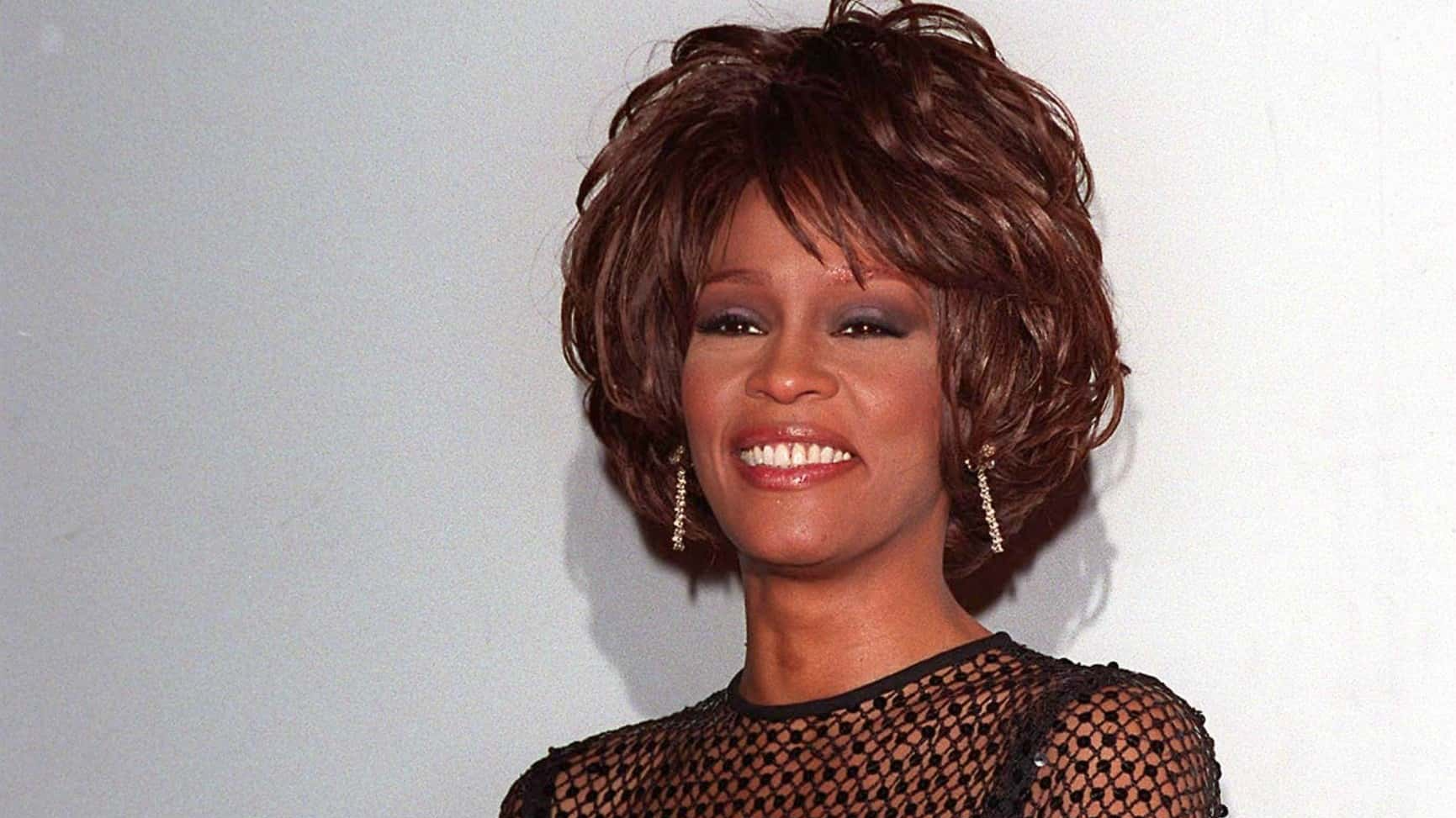 Featureflash Photo Agency, Shutterstock
Featureflash Photo Agency, Shutterstock
The Impossible Demand To Stay Angelic
Her public persona was so polished that anything less than perfection was treated like scandal. That’s the trap: once the world sees you as angelic, it notices every missing feather.
 PH2 Mark Kettenhofen, Wikimedia Commons
PH2 Mark Kettenhofen, Wikimedia Commons
Fame Doesn’t Just Follow—It Hunts
The bigger Whitney became, the less space she had. Cameras trailed her. Interviewers dug for weakness. The star people adored was also the star people doubted. Fame became surveillance disguised as love.
 Wikimedia Commons, John Mathew Smith
Wikimedia Commons, John Mathew Smith
When Your Circle Shrinks To A Spotlight
Whitney’s fame isolated her. The more she was adored publicly, the harder it became to trust privately. People wanted favors, access, proximity. Very few wanted her.
The Control Slipped, But The Cameras Didn’t
As her personal struggles intensified, the media sharpened its knives. Whitney didn’t just face stress—she faced a global audience eager to dissect it. It is hard to heal when millions of strangers hold magnifying glasses.
The Marriage That Became A Punchline (Because Fame Is Cruel)
Her marriage to Bobby Brown, a complicated partnership filled with love and turbulence, became late-night comedy material. Fame didn’t just expose the cracks—it caricatured them.
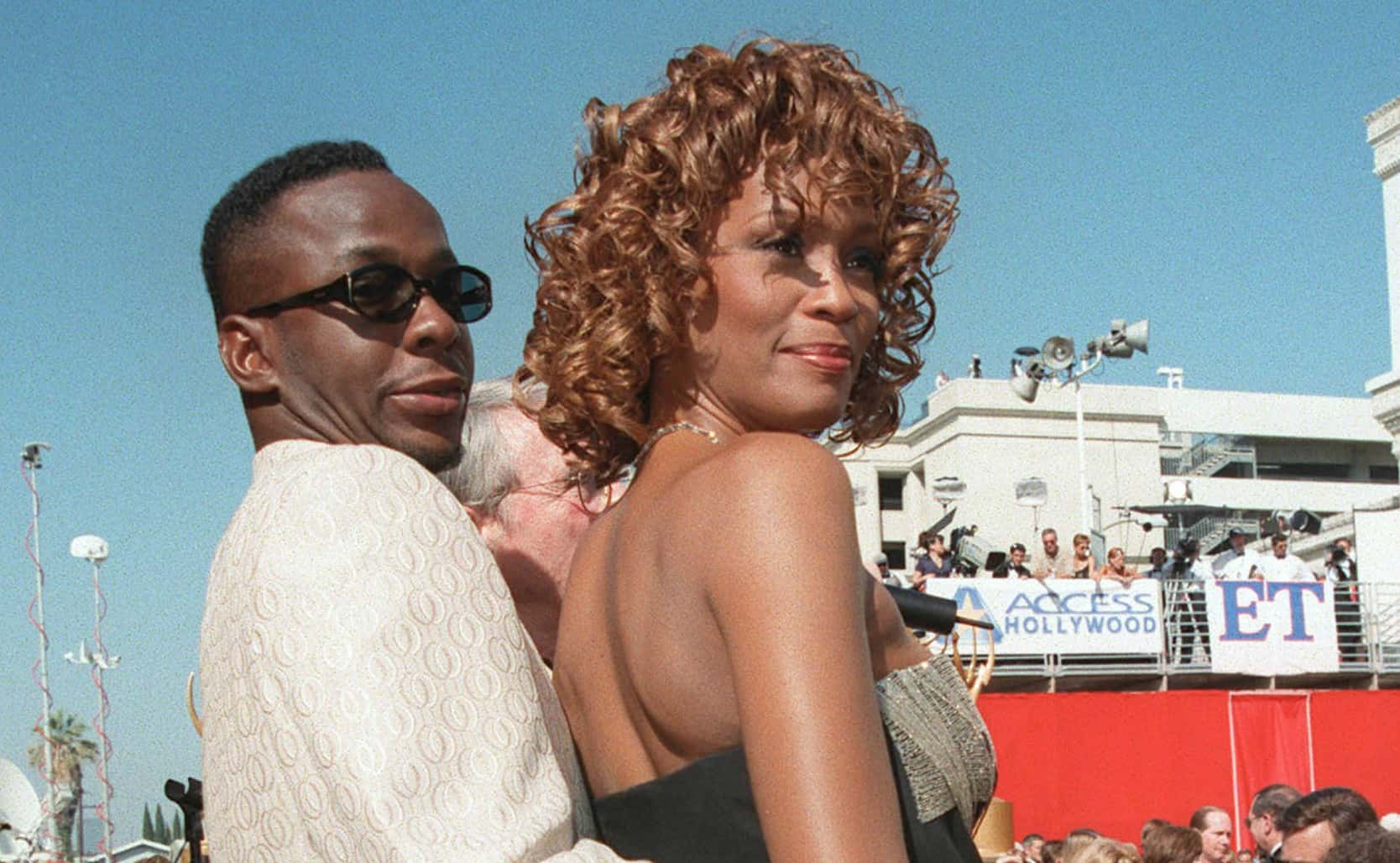 Featureflash Photo Agency, Shutterstock
Featureflash Photo Agency, Shutterstock
Reinvention Was No Longer Allowed
Whitney wanted to explore new music, new sounds, new roles. But the world wanted the Whitney of 1992, frozen in a single, unreachable moment. Reinvention felt like rebellion.
 Asterio Tecson, CC BY-SA 2.0 ,Wikimedia Commons
Asterio Tecson, CC BY-SA 2.0 ,Wikimedia Commons
The Body Became A Battleground
Under intense pressure, Whitney lost weight drastically. People whispered. Commentators speculated. Fame made her physical appearance a public referendum, stripping away privacy and compassion.
 Ron Galella, Ltd., Getty Images
Ron Galella, Ltd., Getty Images
Every Misstep Became A Narrative
If she missed a note, it was “evidence”. If she looked tired, it was “confirmation”. Fame turned her humanity into a storyline, and the world binge-watched with morbid fascination.
The Interview That Changed Everything
When she appeared in a high-profile interview years later, raw and defensive and exhausted, the world gasped. They weren’t prepared for the real Whitney. They had only ever accepted the polished one.
The Spotlight That Burns Even When You Turn Away
Whitney tried to retreat, to restore her life quietly. But fame, once it claims you, doesn’t let go. The world kept watching, commenting, speculating. Silence didn’t protect her.
Fame Mistaken For Support
People assumed that because she was a global icon, she was surrounded by help. But fame often attracts opportunists instead of caretakers. Whitney found herself increasingly surrounded by people who needed her more than they supported her.
The Tragedy Everyone Saw Coming—And No One Stopped
As her struggles grew more visible, the world treated them as entertainment rather than alarm bells. Fame had turned Whitney into a storyline, and storylines don’t get intervention. They get ratings.
A Legacy Carved In Brilliance And Pain
Even as her later years became more turbulent, Whitney’s voice—her gift—remained unmatched. The world never forgot her brilliance. But it often forgot her humanity.
The Restraint Built Of Applause
In the end, the soundtrack that made her untouchable also made her unreachable. The higher she soared, the harder it became to land. Fame was her crown—and the chains that came with it.
You May Also Like:
The Most Streamed Songs Of The Decade Prove We’ve Been Going Through It





